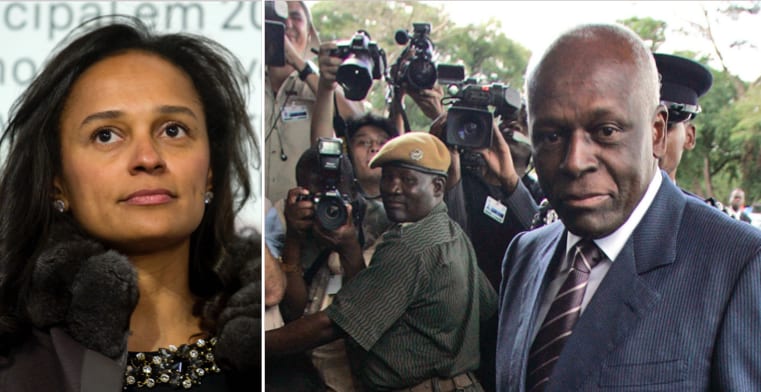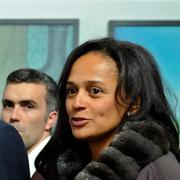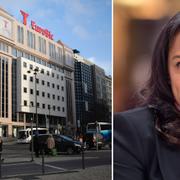bakgrund
José Eduardo dos Santos
Wikipedia (en)
José Eduardo dos Santos (Portuguese pronunciation: [ʒuˈzɛ eˈðwaɾðu duʃ ˈsɐ̃tuʃ]; 28 August 1942 – 8 July 2022) was the president of Angola from 1979 to 2017. As president, dos Santos was also the commander-in-chief of the Angolan Armed Forces (FAA) and president of the People's Movement for the Liberation of Angola (MPLA), the party that has ruled Angola since it won independence in 1975. He was the second-longest-serving president in Africa, surpassed only by Teodoro Obiang Nguema Mbasogo of Equatorial Guinea.
Dos Santos joined the MPLA, then an anti-colonial movement, while still in school, and earned degrees in petroleum engineering and radar communications while studying in the Soviet Union. Following the Angolan War of Independence, Angola was constituted in 1975 as a Marxist–Leninist one-party state led by the MPLA. Dos Santos held several positions including Minister of Foreign Affairs in the government of independent Angola's first president, Agostinho Neto.
Following Neto's death in 1979, dos Santos was elected the country's new president, supported by the Soviet Union and inheriting a civil war against Western-backed anti-communist rebels, most notably UNITA. By 1991, his government agreed with rebels to introduce a multi-party system, while changing the MPLA's ideology from communism to social democracy. He was elected president in the 1992 Angolan general election over UNITA leader Jonas Savimbi, and presided over free-market economic liberalization and the development of Angola's oil sector. In 1997, he contributed to a rebel invasion of neighboring Zaire during the First Congo War, leading to the overthrow of UNITA ally Mobutu Sese Seko and the installation of Laurent-Désiré Kabila as President later that year. During the Second Congo War from 1998 to 2003 he supported Kabila's government and later that of his son Joseph against several rebel groups loosely allied with UNITA. The MPLA achieved victory in the civil war by 2002 following Savimbi's death. After winning a second presidential term in the 2012 election, he retired from the presidency in 2017, when he was succeeded by party-mate João Lourenço as president.
A controversial figure, dos Santos received many international awards for his commitment to anti-colonialism and promotion of peace negotiation with rebels to end wars, and was also praised for improving Angola's economy and attracting significant foreign investment. He was criticized as having been a dictator and was accused of creating one of the most corrupt regimes in Africa, with a deeply-entrenched patronage network.



